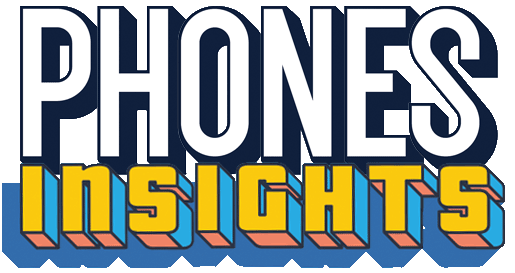What you should know
“`html
- Nearly two-thirds of the world’s cobalt, essential for lithium-ion batteries in everyday gadgets, comes from the Democratic Republic of Congo, where there are significant concerns over child labor.
- The U.S. Court of Appeals for the District of Columbia ruled in favor of major technology companies, including Alphabet, Apple, Dell Technologies, Microsoft, and Tesla, in a lawsuit accusing them of supporting child labor in cobalt mining operations in the DRC.
- Apple CEO Tim Cook, in a discussion with Dua Lipa, emphasized Apple’s commitment to using recycled materials and detailed efforts to ensure their supply chain does not involve child labor, especially in cobalt mining for their products.
- The appeals court decision highlighted the challenges in holding companies directly responsible for child labor in their supply chains, pointing out the broader responsibility that includes labor brokers, other consumers of cobalt, and the government of the DRC.
“`
Full Story
So, here’s the scoop. Nearly two-thirds of our world’s cobalt stash comes straight from the heart of the Democratic Republic of Congo. And yeah, you guessed it—there’s a big, ugly problem with child labor in those mines. These lithium-ion batteries that power up all our gadgets? They need cobalt.
Now, let’s fast forward to a recent court drama. The federal appeals court just threw a major win Alphabet’s (that’s Google’s big parent), Apple, Dell Technologies, Microsoft, and Tesla’s way. Why’s that a big deal? Well, these tech giants were under fire for allegedly turning a blind eye to the whole child labor issue in cobalt mining.
Oh, and get this—back in November 2023, Tim Cook dropped by Dua Lipa’s podcast. Side note: seems like everyone and their grandma has a podcast these days, huh? Anyway, they chatted about all sorts of stuff for a good 45 minutes. Tim’s life, his Apple saga, giving back, our addiction to smartphones, and yep, child labor came up too.
Dua Lipa, being the straight shooter she is, asked Tim if he could swear on his heart that the cobalt in her shiny new iPhone 15 wasn’t dug up by kids in Congo. Tim’s response? He kinda danced around it. He mentioned Apple’s push towards recycling and less new mining. But he did admit that for the stuff they still need to dig up, they’re super strict about tracing it back to ensure no kids are involved.
But here’s where it gets legal. The US Court of Appeals for the District of Columbia wasn’t having any of it when it came to holding those five tech behemoths accountable for the child labor allegations in Congo’s cobalt mines. They unanimously said, “Nope, not their problem,” dismissing an appeal by some former child miners and their advocates.
The plaintiffs were pretty vocal, accusing the companies of knowingly jumping into bed with suppliers that forced kids into labor. They argued that this was all to feed our insatiable appetite for gadgets powered by lithium-ion batteries. Remember, a huge chunk of the world’s cobalt is sitting in the DRC.
The complaint didn’t mince words. It accused these companies of deliberately turning a blind eye to their cobalt craving’s dark side. We’re talking about kids forced into the mines by hunger and sheer desperation. And yeah, the lawsuit wasn’t just numbers; it had faces—16 plaintiffs, including families mourning the loss of five children to these mines.
However, the appeals court was like, “Buying cobalt doesn’t mean you’re in on the whole forced labor gig,” according to the laws against human trafficking and forced labor they were trying to apply. Circuit Judge Neomi Rao even acknowledged the plaintiffs had a right to seek damages but ultimately said they couldn’t prove these big tech companies had their hands directly in the cookie jar—or in this case, the cobalt mines.
Judge Rao threw a wider net, suggesting that the blame game could include labor brokers, other cobalt consumers, and even the DRC government itself. She questioned if just buying cobalt from the DRC was enough to pin the “forced labor venture” tag on these companies. In the end, the evidence just didn’t cut it.
But the fight’s not over. Terry Collingsworth, the plaintiffs’ attorney, hinted at more appeals or even new lawsuits. He’s not happy, saying this decision might just give companies the green light to keep their supply chains murky, despite all their public promises of zero tolerance for child labor. Collingsworth is all in on holding these tech giants accountable, no matter what.

